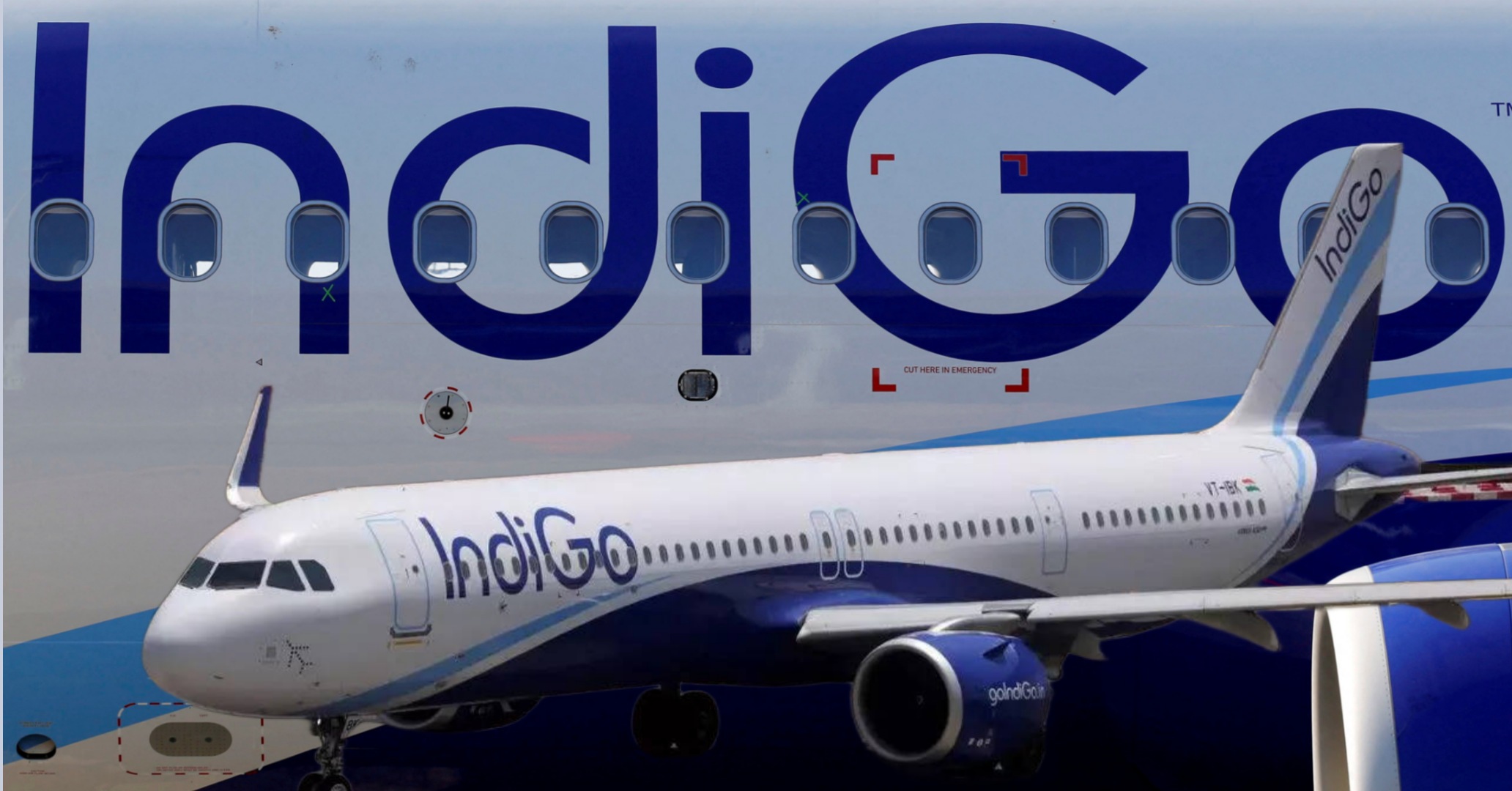
IndiGo, India’s largest airline, has revealed plans to conduct pilot fatigue testing using smartwatches and intends to appoint a consultant to enhance its fatigue risk management procedures, as per an internal memo obtained by Reuters.
According to the memo sent to all pilots by Ashim Mittra, head of IndiGo’s flight operations department, pilots will have the option to volunteer for trials involving Thales’ fatigue management tool. The data collected during these trials will be analyzed anonymously.
Mittra stated in the memo that, “IndiGo will test Thales’ fatigue management tool to assess pilot alertness levels over the next few months. Once completed, we will collectively evaluate the efficacy and accuracy of the data.” The memo was sent this week and reviewed by Reuters on Thursday.
IndiGo has not provided an immediate response to requests for comments.
This initiative follows an incident where an IndiGo pilot collapsed and passed away before a flight, prompting complaints from some Indian pilots about being pushed to their limits by airlines, despite adhering to duty time regulations.
Mittra mentioned in the memo that bringing a consultant on board at IndiGo would be crucial in establishing a robust fatigue risk management system in the coming months. He added that it would also enable the airline to create customized fatigue mitigation strategies.
India’s aviation regulator is currently reviewing pilot fatigue data collected during spot checks and airline surveillance to assess whether regulations related to flight duty times or fatigue need revisions.
The memo outlined that the trial will focus on specific flight patterns, using on-ground devices at four airports, including Delhi and Mumbai. It will also involve the voluntary use of smartwatches and cameras to detect drowsiness levels on various routes and aircraft.
IndiGo has been collaborating with Thales on its fatigue management tool, which utilizes real-time data, historical information, predictive analysis, and goes beyond traditional scheduling methods.
Mittra emphasized that the trial does not replace the airline’s existing fatigue risk management process, and pilots must continue to report fatigue based on self-assessment.
